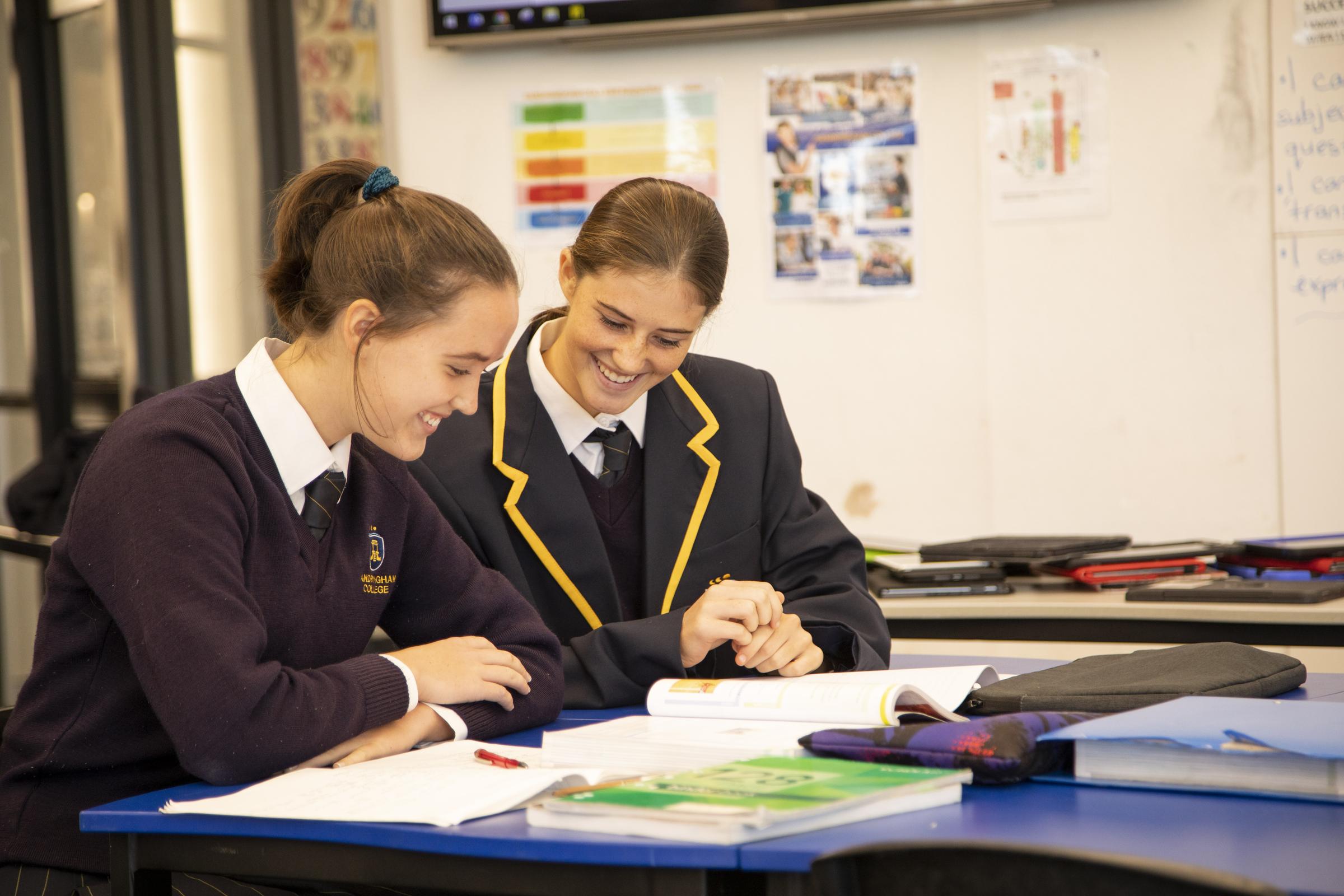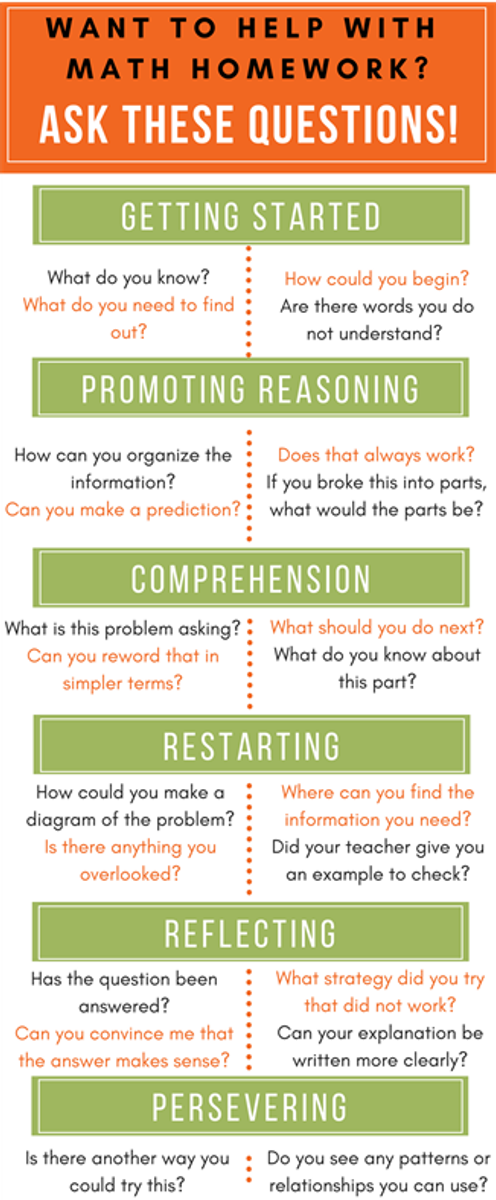Literacy and Numeracy
Dr Wendy Taylor (Numeracy Leader) and Denholm Pickering (Literacy Leader)

Literacy and Numeracy
Dr Wendy Taylor (Numeracy Leader) and Denholm Pickering (Literacy Leader)
Last newsletter we gave some tips of improving your child’s numeracy skills. This month we unpack some strategies for how you can support your child with their homework. These strategies have been sourced from https://denissheeran.com/homework/. Notice that these prompts are questions, not answers. As a parent, it is likely that you can better support your child through questions rather than trying to have all the answers – which no doubt is a relief to many!
Joke:
Q. How do you make one vanish?
A. Add a `g' to the beginning and it's gone!
Puzzle: Mr Driver, Mr Gardener, Mr Painter and Mr Shearer are a driver, a gardener, a painter and a shearer, but none of them have a name which corresponds to their occupation. The shearer is not Mr Driver, the gardener is not Mr Painter and neither Mr Gardener nor Mr Painter is the driver. Match each man with his occupation.
Solution to last puzzle:
There are three different ways (2x8c)+(19x3c) or (5x8c)+(11x3c) or (8x8c)+(3x3c).


In keeping with the focus on what you can do at home, last newsletter we recommended that you establish a 'reading for pleasure' time for 15-20 minutes each day. As expanded on below, this has worked in some Advance classes at Year 7 and 8. To extend this program, create a list of more challenging books and ask your child to alternate between one they choose themselves and one from the list.
Alternately, Word of the day is a great way to build vocabulary - put a new word up on the fridge each day and ask your child to use the word at some point during the day - then ask them how they used it when they get home!
Literacy Update – May Edition
Our literacy initiatives are in full swing at Sandringham College. Within classes, Advance teachers and tutors have completed their revision of short-term and long-term goals with students, writing down their progress and communicating this with parents via conferences in Week 2. New short-term goals have been agreed, which will be reviewed in the final two weeks of the term. Progress of long-term goals have been noted. This has enabled teachers to narrow down the areas that individual students need the most support with and tailor lessons to target those areas.
At year 7 and 8, Term 2 has had a focus on Literacy in Science, with students practising their reading through comprehension of scientific articles. The corresponding writing focus has been on the creation of scientific inventions and persuading people to act on science-related issues like climate change or conservation of water. Tying these real-life issues into the student-specific goals has resulted in students being motivated to improve and engaged in the classroom, which is a big success so far. There has also been a focus on quiet reading for pleasure, with 10-15 minutes of each lesson put aside purely to read. Students now clamour and protest if this isn’t included in every lesson!
At higher year groups, teachers are continuing to work within classes and sometimes after school in students’ own time to improve literacy skills. This demonstrates the motivation and engagement that teachers and students have created together as part of the program and the students are making progress in expressing themselves clearly and reading for understanding.
We are renewing our tutoring for Semester 2, with a focus on Year Levels 9 and 11. Tutors in current classes at Year 8, 10 and 12 will mostly all finish up by the end of Term 2. Parents of students who are identified as potentially benefiting from tutoring within classes will be contacted with further information closer to the date.